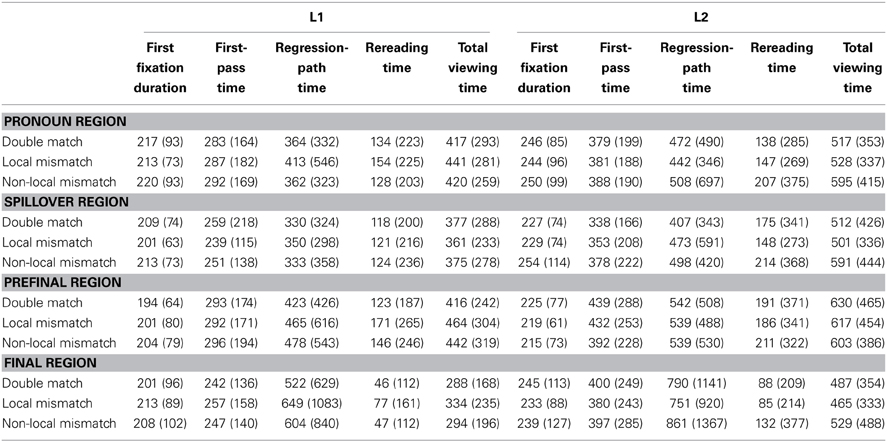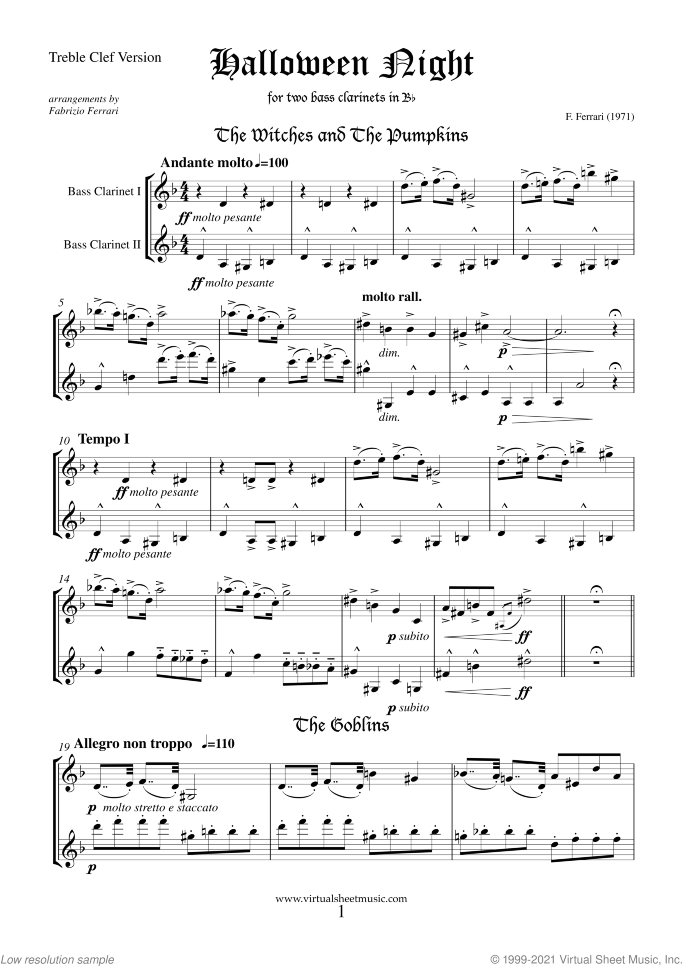

Actors performed on platforms in front, behind, and sometimes between audience members. Eugene Lee helped Prince make sure that the multi-scene show would not get bogged down in set changes – he created platforms for the action that allowed scenes to change by refocusing attention instead of changing scenery. The Chelsea version was marked by a unique production style. Pangloss), and June Gable as the Old Lady. The 1974 Broadway revival starred Mark Baker (Candide), Maureen Brennan (Cunegonde), Sam Freed (Maximilian), Lewis J. This 105-minute version, omitting over half of the musical numbers, was known as the "Chelsea version", and opened in 1973 at Robert Kalfin's Chelsea Theater Center in the Brooklyn Academy of Music, before moving to the Broadway Theatre in 1974 and running there for nearly two years, closing in 1976 after 740 performances. The lyrics were worked on by the team of artists listed above. (The character has no given name in Voltaire's novella, and is referred to as "Cundegonde's brother" or "the young Baron".) The sole element of Hellman's book that remained was her invented name (Maximilian) for Cunegonde's brother. Lillian Hellman, the author of the original book, refused to let any of her work be used in the revival, so Prince commissioned a new, one-act book from Hugh Wheeler.
#OVERTURE TO CANDIDE CLARINET PDF SERIES#
Without Bernstein's involvement, the show underwent a series of Broadway revivals under the direction of Harold Prince. The Musical Director was Alexander Faris. Pangloss and Edith Coates as the Old Lady. The cast included Denis Quilley as Candide, Mary Costa as Cunegonde, Laurence Naismith as Dr. This production used Lillian Hellman's book with an additional credit 'assisted by Michael Stewart', and it was directed by Robert Lewis with choreography by Jack Cole. The first London production debuted at the Saville Theatre on Shaftesbury Avenue on 30 April 1959 (after playing for a short time at the New Theatre Oxford and the Manchester Opera House). ( December 2020) ( Learn how and when to remove this template message) Unsourced material may be challenged and removed. Please help improve this section by adding citations to reliable sources. seems too serious for the verve and mocking lyricism of Leonard Bernstein's score which, without being strictly 18th century, maintains, with its gay pastiche of past styles and forms, a period quality. When he makes lightning, rapier thrusts, she provides body blows. When Voltaire is ironic and bland, is explicit and vigorous.

Hellman's libretto was criticized in The New York Times as being too serious: This production was a box office disaster, running only two months for a total of 73 performances. Pangloss, and Irra Petina as the Old Lady. It featured Robert Rounseville as Candide, Barbara Cook as Cunegonde, Max Adrian as Dr.

The sets and costumes were designed by Oliver Smith and Irene Sharaff, respectively. The premiere production was directed by Tyrone Guthrie and conducted by Samuel Krachmalnick. Performance history 1956 original Broadway production Ĭandide first opened on Broadway as a musical on Decemat the Martin Beck Theatre. Hershy Kay orchestrated all but the overture, which Bernstein did himself. In addition, the lyrics to "I Am Easily Assimilated" were done by Leonard and Felicia Bernstein, and Hellman wrote the words to "Eldorado".

Many lyricists worked on the show: first James Agee (whose work was ultimately not used), then Dorothy Parker, John Latouche and Richard Wilbur. Bernstein, however, was so excited about this idea that he convinced Hellman to do it as a "comic operetta" she then wrote the original libretto for the operetta. 5.2 Bernstein "Final Revised Version" (1989)Ĭandide was originally conceived by Lillian Hellman as a play with incidental music in the style of her previous work, The Lark.


 0 kommentar(er)
0 kommentar(er)
